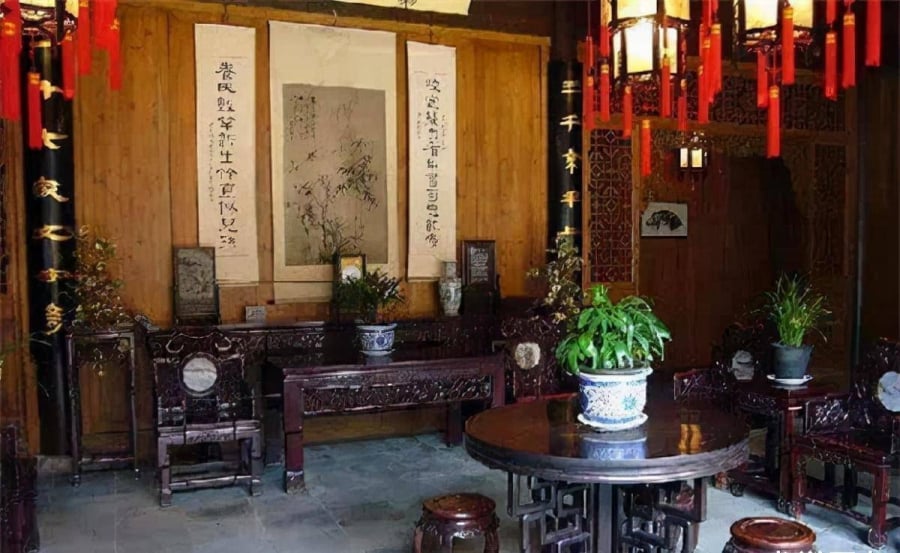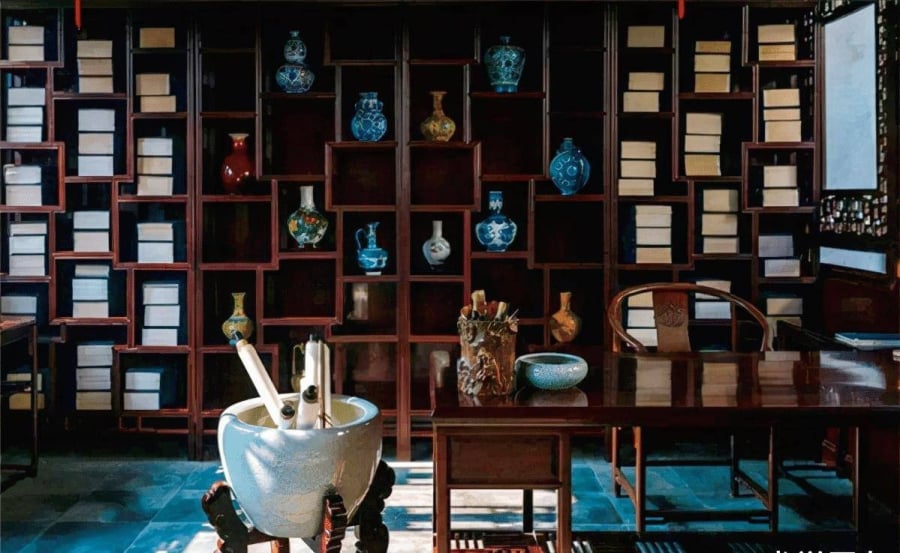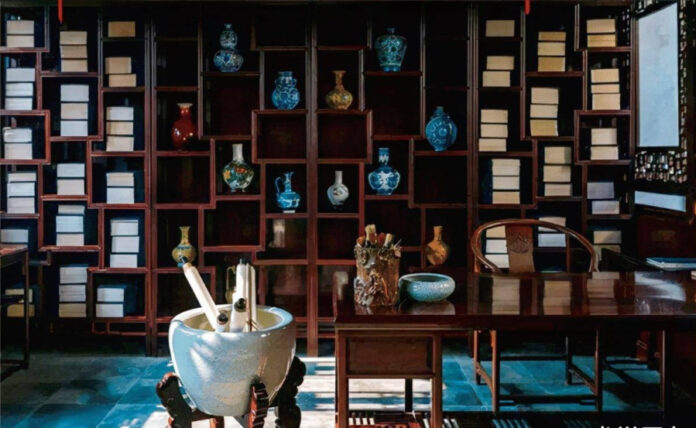Proverbs and folk sayings are integral to traditional culture, serving as a valuable source of wisdom and life lessons. Passed down through generations, these sayings offer profound insights and moral principles that remain relevant and practical for posterity.
One such proverb is, “A house with three empty spaces will leave descendants in poverty.” Let’s delve into the hidden meaning behind this ancient wisdom.
An Empty Kitchen Brings Scarcity, Not Wealth
The old saying, “Grains are heaven-sent,” underscores the significance of a well-stocked kitchen in attracting abundance and prosperity. An empty kitchen often signifies deprivation, making it challenging for wealth to take root.
Family happiness is often reflected in the warmth of the kitchen. A sparse kitchen, devoid of food and an empty rice jar, impacts not only physical well-being but also indicates unfavorable feng shui. While a happy life need not be luxurious, ensuring basic needs like food and clothing are met is essential for building a solid foundation for financial growth and affluence.
A kitchen also symbolizes family unity. A well-stocked, cozy kitchen evokes images of joyful gatherings, with laughter and conversation echoing around the dinner table. Conversely, an empty kitchen can evoke feelings of loneliness and convey a sense of familial disconnect.
A Sparse Living Room Reflects Poor Family Values
Alongside the kitchen, the living room holds significant weight in showcasing a family’s fortune. Our ancestors attached great importance to the living room, as it served not only as a space for hospitality but also held the home’s feng shui.

The living room, alongside the kitchen, plays a crucial role in reflecting a family’s fortune.
A bustling living room filled with guests signifies prosperity. A family with a cozy living room often enjoys the company of many friends and partners, reflecting the success of the homeowner. Conversely, an empty living room may suggest an introverted, uninviting personality, hindering the expansion of one’s social network.
As the saying goes, “If you want to go fast, go alone; if you want to go far, go together.” Success often stems from the support and trust cultivated through meaningful relationships. Thus, the living room symbolizes not only hospitality but also the ability to forge connections and foster beneficial alliances.
Additionally, the living room showcases the host’s aesthetic sense and lifestyle. A tidy, well-arranged living room often belongs to courteous and thoughtful individuals, creating a positive impression on guests and positively influencing the family’s dynamics.
However, adorning the living room with extravagant items is unnecessary. A cozy, harmonious, and inspiring space can bring good feng shui, contributing to the family’s prosperity and happiness.
An Empty Library Leads to Short-Lived Wealth
One of the most overlooked yet essential spaces in a home is the library. To secure a brighter future for descendants, it is crucial to tend to the library, ensuring it is as well-maintained as the kitchen and living room.
Our ancestors wisely stated, “A family that does not pass down knowledge will only remain wealthy for three generations.” Knowledge and education within a family, along with the transfer of wisdom to the next generation, are reflected in the books that adorn their shelves.

The library is an often-overlooked yet vital space in a home.
Investing in education is the wisest investment one can make. A family that prioritizes learning sets its descendants up for success while also reinforcing positive family values and attracting good fortune for the entire clan.
Knowledge is what distinguishes individuals. It breeds confidence, creativity, and contribution. While physical strength may wane over time, knowledge is an enduring asset. The more knowledge one accumulates, the richer their experiences become, forming a priceless treasure tro to pass down through the ages.
The sages of old rarely left material wealth to their descendants. Instead, they bequeathed wisdom, critical thinking skills, and life lessons—the most invaluable legacy a family can bestow upon future generations.






































